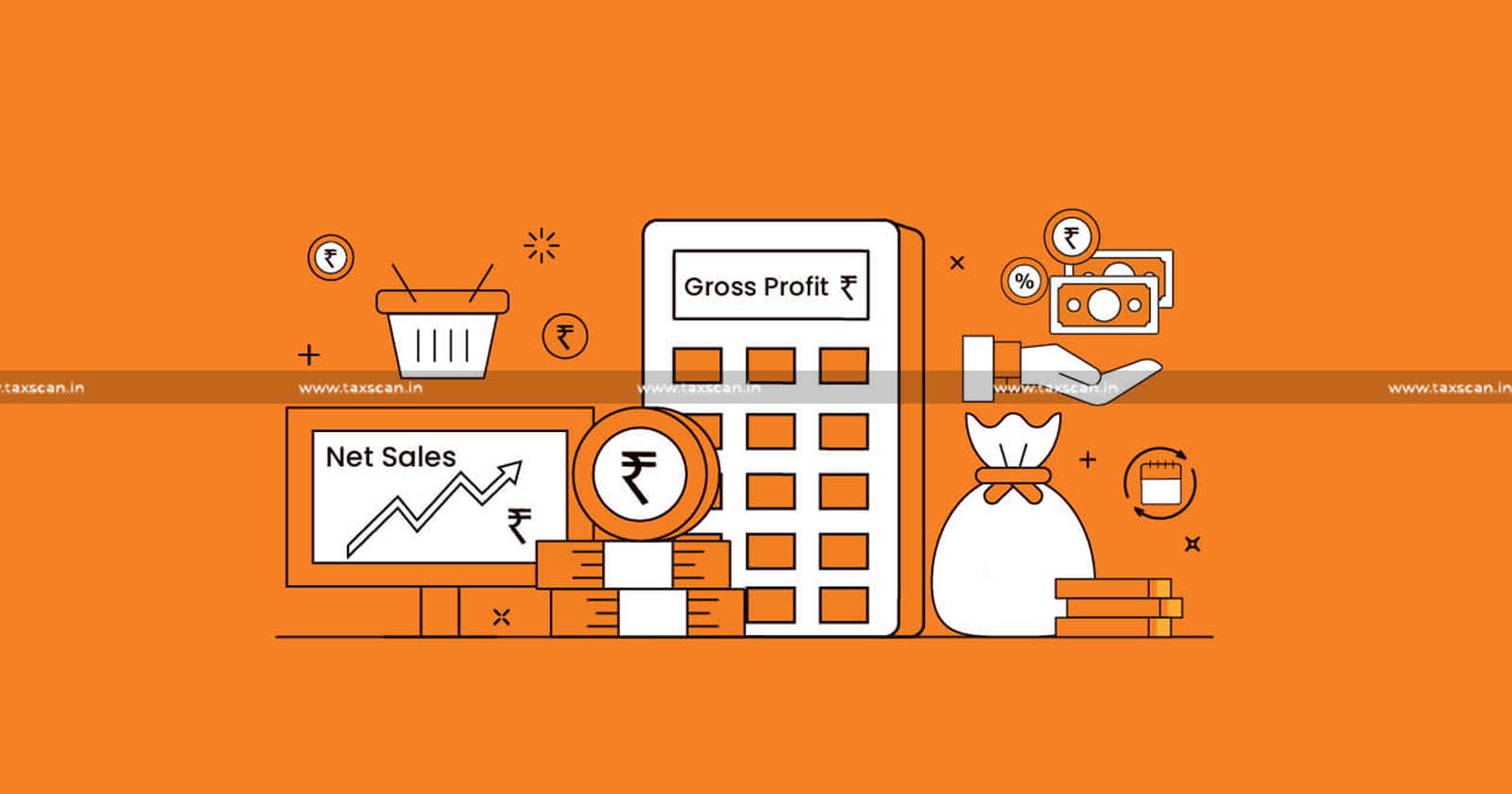Cybersecurity Software Sale Not Taxable as FTS: ITAT Rules Payments Outside Scope of S. 9(1)(vii) and India-Ireland DTAA as No Human Interface Involved [Read Order]
In addition, the bench noted that the functioning of the software was completely automated and did not involve any human interface or personalized technical assistance from the assessee. The payments received were therefore held to be consideration for the sale of software as goods rather than for any technical or consultancy services.
![Cybersecurity Software Sale Not Taxable as FTS: ITAT Rules Payments Outside Scope of S. 9(1)(vii) and India-Ireland DTAA as No Human Interface Involved [Read Order] Cybersecurity Software Sale Not Taxable as FTS: ITAT Rules Payments Outside Scope of S. 9(1)(vii) and India-Ireland DTAA as No Human Interface Involved [Read Order]](https://images.taxscan.in/h-upload/2025/10/11/2095592-cybersecurity-software-taxscan.webp)
The Delhi Bench of the Income Tax Appellate Tribunal ( ITAT ) has held that payments received from Indian distributors for sale of cybersecurity software cannot be taxed in India as ‘Fees for Technical Services’ (FTS) either under Section 9(1)(vii) of the Income-tax Act, 1961 or under Article 12 of the India–Ireland Double Taxation Avoidance Agreement (DTAA), as there was no element of human involvement in the transaction.
The assessee, Forcepoint International Technology Limited, an Ireland-based company engaged in providing data protection and cybersecurity solutions, sold Websense (Forcepoint) software products to independent distributors in India.
The distributors held non-exclusive, non-transferable rights to market and distribute the software to end-users in India but did not obtain any rights to modify, sub-license, or reverse-engineer the software.
Master the Latest Amendments in Income Tax Act Click here
The Assessing Officer treated the receipts of ₹93.14 crore as FTS under Article 12(3)(b) of the India–Ireland DTAA and Section 9(1)(vii) of the Act, alleging that the sale involved provision of technical services through software functionalities.
The assessee argued that its business transactions with Indian distributors represented a pure sale of software products on a principal-to-principal basis, and therefore, the receipts could not be treated as “fees for technical services.”
It was submitted that the software products were standard cybersecurity solutions sold to independent distributors who merely acted as resellers and had no rights to modify, sublicense, or alter the software in any manner.
The assessee also submitted that no human involvement or personalized technical input was involved in either the sale, installation, or usage of the software, as the products operated automatically once activated by the end user. The consideration paid by the distributors was solely towards the purchase and resale of the software and not for any technical, managerial, or consultancy services rendered by the assessee.
In support of this position, the assessee quoted the cases including the Supreme Court’s ruling in Engineering Analysis Centre of Excellence Pvt. Ltd. v. CIT, which held that payments for software sales cannot be treated as royalty or FTS; Bharti Cellular Ltd., establishing the requirement of human intervention for FTS; Skycell Communications Ltd., clarifying that use of advanced technology does not automatically imply technical services; and Tagit Pte. Ltd., where sale of software licences was similarly held to be non-taxable as FTS.
 Also Read:‘It is not the duty of the tax authorities to direct how a business should be handled’: ITAT deletes Addition by AO on Account of Low GP Rate. [Read Order]
Also Read:‘It is not the duty of the tax authorities to direct how a business should be handled’: ITAT deletes Addition by AO on Account of Low GP Rate. [Read Order]
The Revenue argued that the software involved sophisticated technology and thus constituted technical services, asserting that the assessee was effectively providing specialized solutions and not a mere software sale.
The ITAT observed that the Indian distributors were granted only limited and non-transferable resale rights, with no authority to modify, duplicate, or sub-license the cybersecurity software.
The Tribunal noted that the software was supplied either through a cloud-based Software-as-a-Service (SaaS) platform or as a downloadable installation, both of which operated autonomously once the access credentials or activation keys were provided to the end-users.
In addition, the bench noted that the functioning of the software was completely automated and did not involve any human interface or personalized technical assistance from the assessee. The payments received were therefore held to be consideration for the sale of software as goods rather than for any technical or consultancy services.
Understanding Common Mode of Tax Evasion with Practical Scenarios, Click Here
The bench further remarked that the Assessing Officer’s attempt to recharacterize the transaction as “Fees for Technical Services,” particularly after the Supreme Court’s ruling in Engineering Analysis Centre of Excellence Pvt. Ltd. excluding software payments from the ambit of “royalty,” was unwarranted and legally untenable.
The bench of Anubhav Sharma ( Judicial member) and Naveen Chandra (accountant member), confirming the principle laid down in Bharti Cellular Ltd and affirmed by the Supreme Court, reiterated that the expression “technical services” under Section 9(1)(vii) necessarily contemplates human involvement or interaction.
The mere use of sophisticated or high-end technology, without human participation, does not transform a commercial software transaction into a taxable technical service.
“The payment received by assessee from Distributor was for acquiring security software simpliciter for onward selling to end customer. We, therefore, hold that the assessee company is not liable to be taxed on its income earned from sale of software to the Indian Distributor as FTS. Accordingly, we allow the grounds raised by the assessee” ruled the bench.
Accordingly, the ITAT set aside the CIT(A)’s order and allowed the assessee’s appeal, ruling that the receipts are not taxable in India.
Subscribe to Taxscan Premium for latest Job updates on WhatsApp. Stay informed and advance your career with us.


